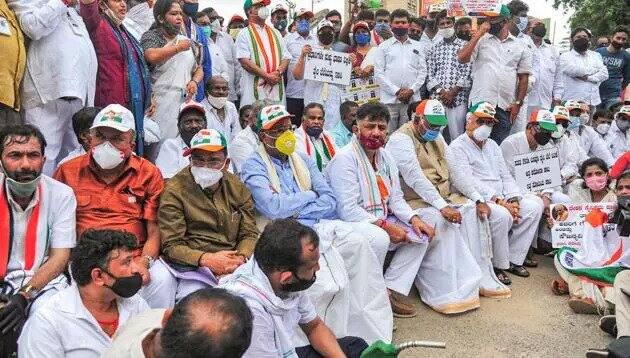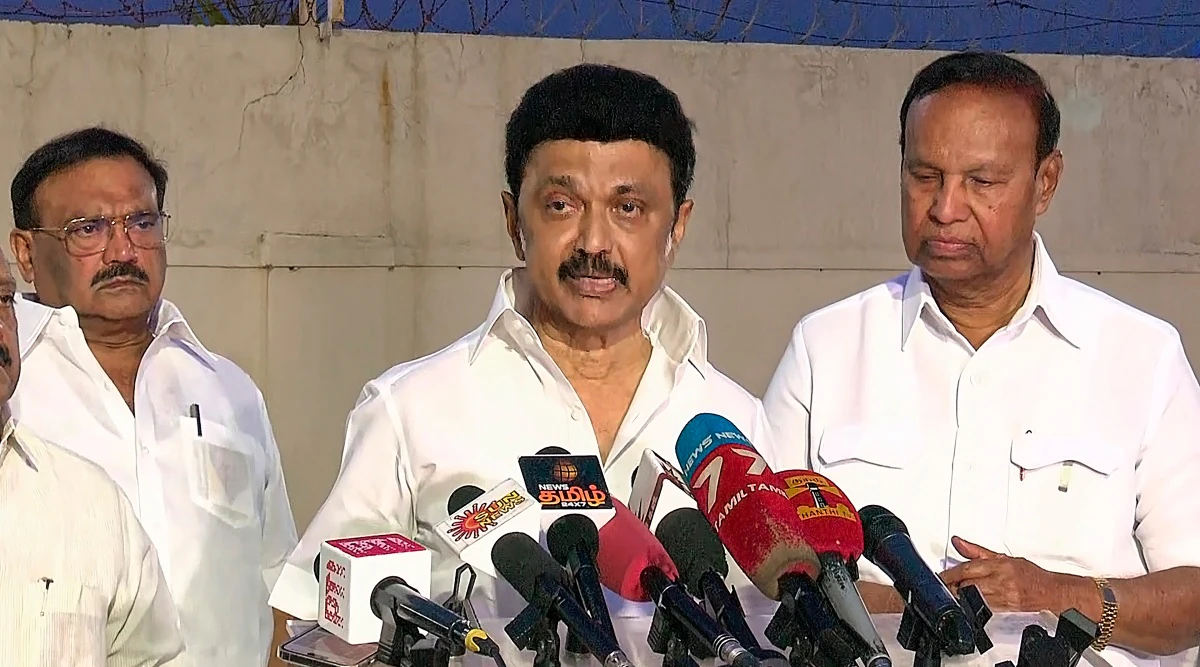Political Turmoil Over Language Policy
In a nation steeped in linguistic diversity, Prime Minister Narendra Modi"s push for a Hindi-centric education policy has ignited a political firestorm across India. The controversial policy, which mandates the teaching of Hindi in elementary schools, has faced fierce resistance from various states, notably Maharashtra and Tamil Nadu, where local languages are deeply ingrained in cultural identity. This clash underscores a larger struggle over cultural hegemony, revealing the Modi administration"s intent to consolidate power through the imposition of Hindi, a language that serves as a symbol of Hindu nationalism.
State Resistance and Cultural Identity
The recent withdrawal of Maharashtra"s policy requiring Hindi as a third language in schools illustrates the palpable tension between state and central governments. After widespread protests and political backlash, the Maharashtra government had no choice but to retract its mandate, recognizing the deep-rooted sentiments surrounding the Marathi language. As reported by BBC News, this move came after significant public outcry labeled the policy an affront to regional identity.

Maharashtra: Congress workers stage massive protest over fuel prices in ...
Tamil Nadu"s Historical Context
Tamil Nadu"s vehement opposition to Hindi is not a new phenomenon; it is steeped in a history of anti-Hindi agitations that have often turned violent. The state"s Chief Minister has characterized the Modi administration"s education policy as a direct assault on Tamil culture, claiming it seeks to force students into a Hindi-dominated framework. This sentiment is echoed by activist Niranjanaradhya V.P., who argues that such imposition threatens national integration within a linguistically diverse nation. Tamil Nadu"s ongoing legal battle against the central government"s funding cuts highlights the lengths to which states will go to defend their linguistic heritage, as detailed by BBC News.
Implications of Hindi Imposition
The implications of Modi"s Hindi agenda extend far beyond educational policy. This initiative represents a broader attempt to reshape India"s national identity along the lines of a singular, homogenized culture. By prioritizing Hindi, the central government risks alienating non-Hindi-speaking populations, exacerbating regional disparities, and igniting further social unrest. As reported by The New York Times, the Modi administration has sought to portray this linguistic push as a means of fostering unity, yet the reality is that it may sow divisions instead.

Chennai News Live Updates: CM MK Stalin calls Guv RN Ravi"s ...
Constitutional Rights and Language
This language controversy raises significant questions about civil rights and democratic governance in India. The imposition of a single language undermines the constitutional promise of equality and non-discrimination, particularly for minority languages. As a former civil rights attorney, I see this as a critical moment for advocates of linguistic rights to mobilize. The pushback against Hindi imposition is not merely about language; it is a fight for the recognition of India"s plurality and the protection of its rich tapestry of cultures. The central government"s funding threats, particularly in Tamil Nadu, reveal a troubling trend towards coercive governance that undermines the very principles of democracy.
Future of India"s Linguistic Landscape
The ongoing battle over language policy in India is emblematic of broader struggles for power and representation. As states push back against the federal government"s attempts to impose Hindi, it becomes increasingly clear that the future of India"s linguistic landscape hangs in the balance. The outcome of this conflict will not only shape educational policy but also influence the political dynamics of regionalism versus nationalism, with far-reaching consequences for civil rights and democratic integrity.

Central Vista Latest News | Project of National Importance







![[Video] Gunfire between Iraqi security forces and Sadr militias in Baghdad](/_next/image?url=%2Fapi%2Fimage%2Fthumbnails%2Fthumbnail-1768343508874-4redb-thumbnail.jpg&w=3840&q=75)
